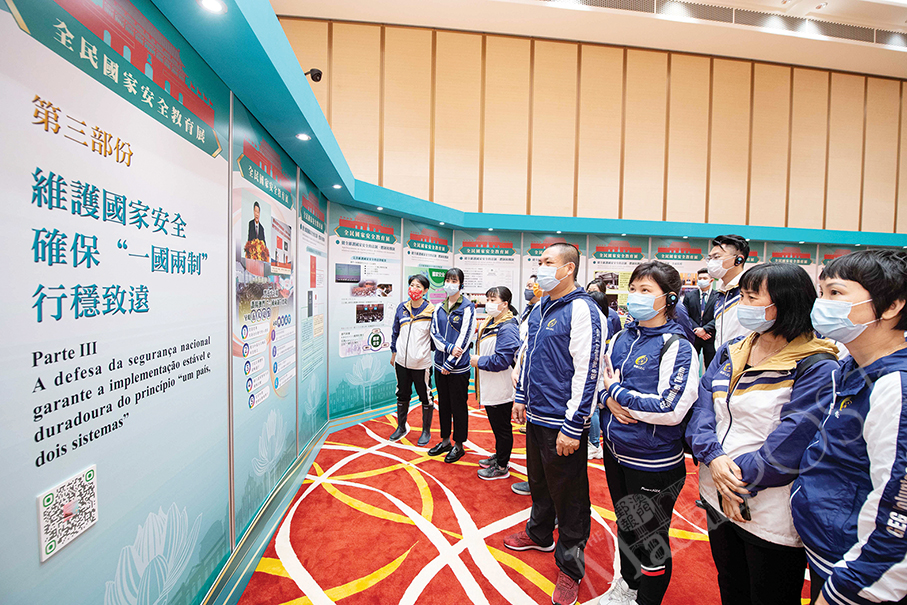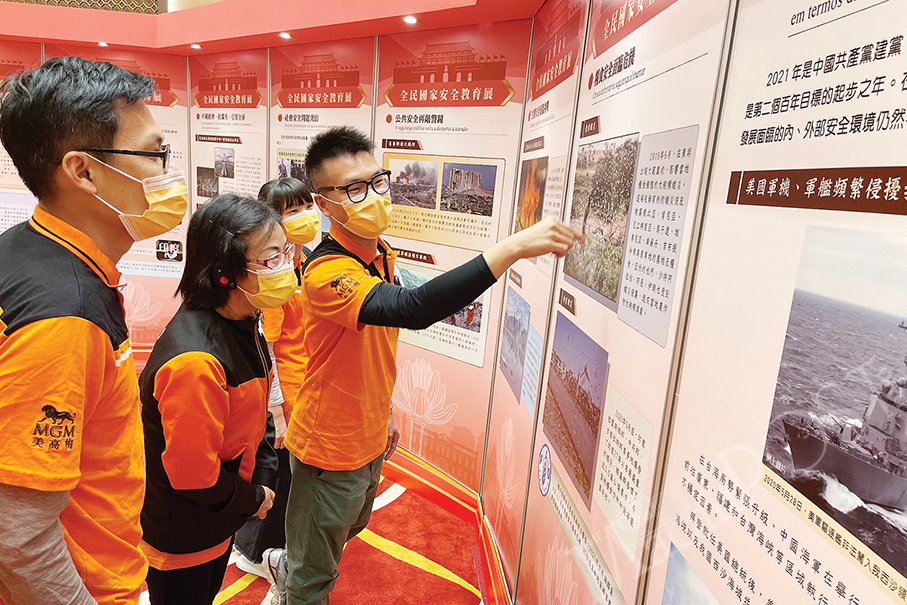Commentary by Jose Alvares
There has recently been some discussion over whether public hospitals should report drug users to the police, which is only an issue because the mere act of consuming drugs is considered a crime in the Macau SAR (a matter that I will not put in question for the purposes of this article).
The starting point is Section 225 of the Criminal Procedure Code, under which public servants are legally obliged to report crimes that they have become aware of in the performance of their duties. That certainly includes a doctor working for the local Health Bureau, as is the case of those at the public Conde de São Januário Hospital Centre who detect drug substances in a blood analysis of an individual. Granted, the said individual could have been drugged, but then that also amounts to a crime (just committed by a third party) and the provision specifically states that the reporting is mandatory even if the perpetrator is not known.
The other side of the equation is Section 34 of Law 17/2009, whose Paragraph 1 states that any drug user requesting medical assistance (even if in a public facility) is guaranteed anonymity, while Paragraph 4 of that same provision specifically mentions that all personnel involved in attending and treating a drug user in the situation previously referred are not subject to any crime reporting obligation.
Furthermore, it is worth referring to the works related to the approval of Law 17/2009 to understand its raison d’être. Actually, drug consumption was already provided as a crime under the previous law (Decree-Law 5/91/M), but the punishment was considerably increased with the new law referred above. The Legislative Assembly actually recognised the criminalisation of consumption as a main discussion point, but it was upheld given the reality in Macau, meaning small consumption – and that criminal enterprises are not based here.
Under the considerations related to Article 34, the legislators basically say that it would be contradictory to punish those voluntarily approaching the government-sanctioned drug prevention mechanisms. A specific example is even referred of a person enrolling for a programme of the safe use of syringes and then being charged with the illegal possession of drug instruments.
The idea here is obvious, to offer drug users a way out that they otherwise might not seek if they were to be subject to criminal liability, thus possibly continuing with their drug usage behaviour. The proposal notes from the Chief Executive’s Office at the time that Law 17/2009 was being devised stated precisely that an international understanding has evolved in that the drug user should not be treated as a criminal but rather an ailing person. If yet defending the criminalisation of drug consumption (with actual harsher punishments), such change of understanding was used as a justification to allow for waivers of actual jail sentences.
What remains unclear about the law is whether the guarantee of anonymity covers any individual seeking medical treatment or only those that specifically request treatment due to drug consumption. Both positions raise fair arguments – on the one hand, it could be said that this provision only seeks to reward those that consciously seek drug abuse treatment, while on the other it can be said that this is a matter of public health, meaning to prevent health complications related to drug consumption that could otherwise be avoided if a person sought medical attention earlier. Also, in defending the latter’s position, being caught using drugs is hardly any different from being detected with drugs in the system pursuant a fortuitous trip to the hospital.
It is curious that the news of this situation prompted different feelings in society – both that one might hesitate to seek medical treatment when feeling sick after drug consumption (with obvious potential health hazard consequences) but also that it is best not to use drugs as an unexpected trip to the hospital might imply criminal liability. One thing is clear, if one has taken drugs and is feeling unwell, it is best to just come clean so as to be protected by the legal provision guaranteeing anonymity.
The rules of the market are that as long as there is demand, there is supply, and thus there is a reason to chase after drug users, and the war on drugs has been a long and bloody fight. Also, an individual seeking medical attention due to drug consumption is weighing on the health system due to his or her illegal action. However, drug consumption is a victimless crime other than the person consuming it, with the true culprit being the supplier. In my humble opinion, the balance between these conflicting interests of public health and combating crime seems to be helping drug users by shielding them from prosecution provided they give full cooperation to investigations to ascertain traffickers.
*José Alvares is a lawyer and a member of ARTM (Drug Users Rehabilitation Association of Macau), a not-for-profit association that provides counselling and assistance in relation to drugs and alcohol, including in-house care services at its main facility in Ka-Ho (2853 5110). The author’s opinion is his own.








